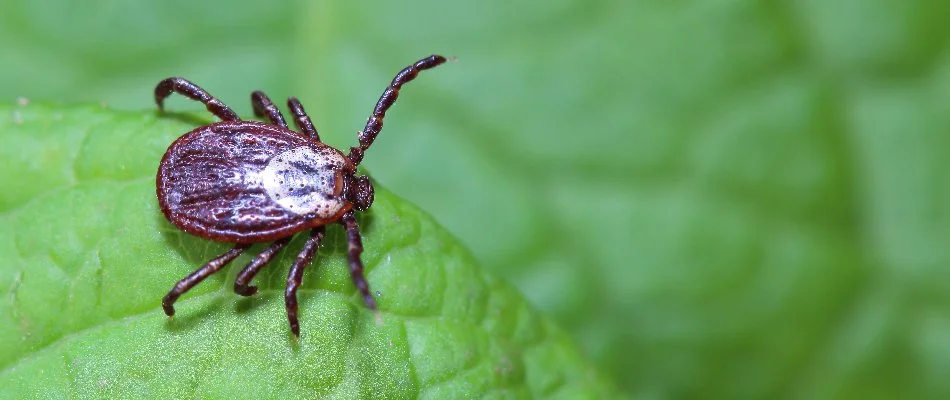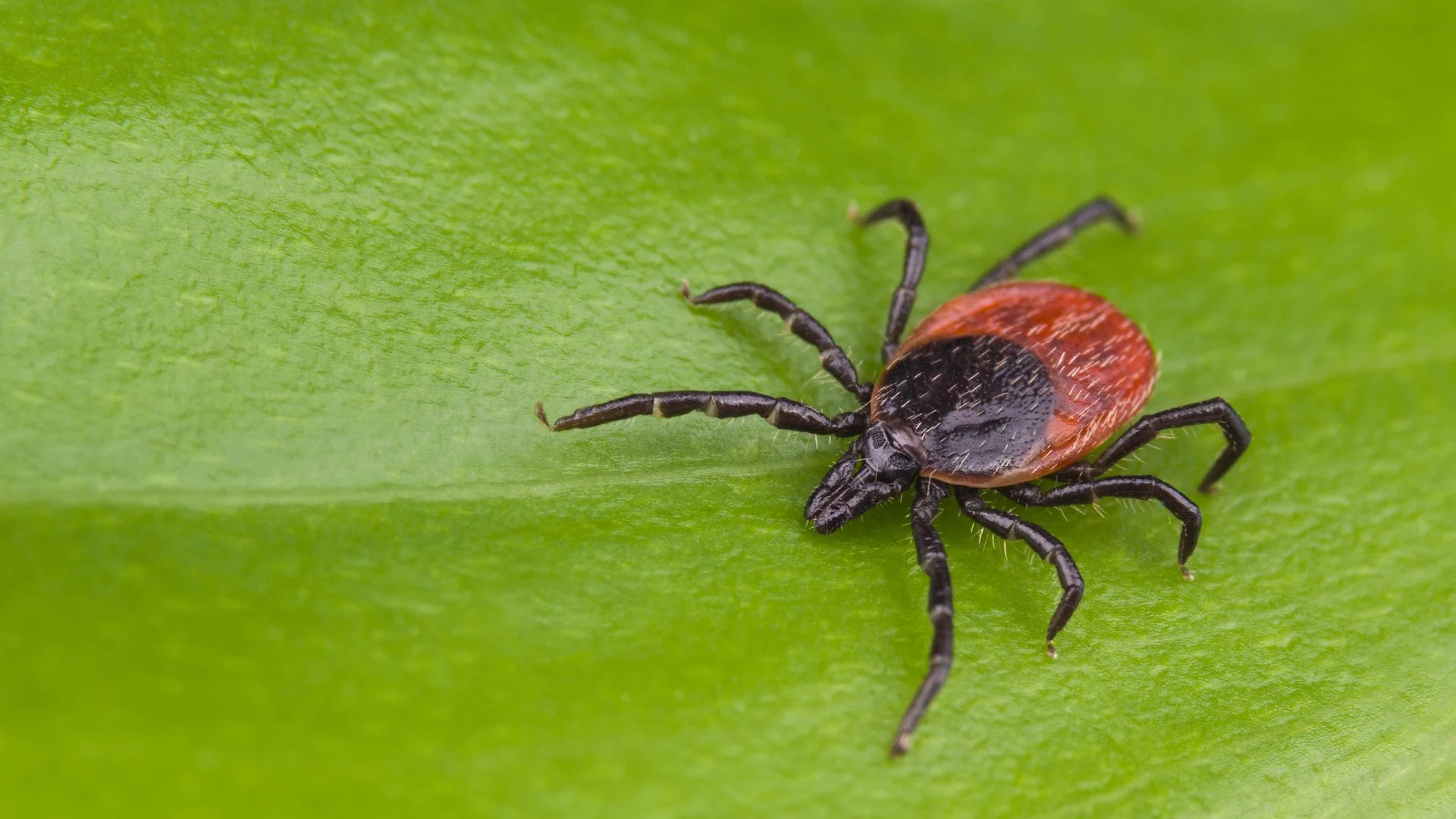Ticks are a nuisance, especially during the warmer months when they are most active. If you want to keep these pests off your property this year, you'll want to make sure that you're applying consistent tick control treatments during tick season. In Ohio, the tick season starts around April and ends in September or October. Throughout this season, regular tick control is crucial for effective protection from these bloodthirsty critters.
The ideal frequency of treatments is about every 4 to 6 weeks to ensure there is a consistent and overlapping coverage. However, instead of trying to remember to apply these treatments yourself, you can make your life easier by signing up for a professional tick control program. When you do, you won't have to remember to keep reapplying the treatments, and you can rest easy knowing that the right products are being used to keep your property free of ticks.
When is tick season in Ohio?

In Ohio, the tick season starts around April and ends in September or October. Tick activity is at its highest during warm weather because the high temperatures accelerate their development and boost their egg production. Not only do warm and humid conditions allow ticks to lay more eggs, but these eggs also hatch faster during this time.
When the weather is warm, ticks are at their most active and will be looking for a host to latch onto. They can hunt for longer periods during warm and humid weather, too. Because of this, it's crucial to be spraying tick control treatments on your property throughout these months to ensure you have lasting protection against these tiny but harmful pests.
How often do you need to spray for ticks?
Treating your property consistently throughout the tick season is crucial, but it's also important to know how often the treatments must be applied for effective coverage. It's important to keep in mind that the effectiveness of tick control treatments doesn't last forever. It is typical for pest control products to last about 4 to 6 weeks before they wear off, so one treatment is not enough to carry you through tick season.
You'll need to spray your property approximately every 4 to 6 weeks throughout tick season, applying each new treatment before the previous one wears off. By doing so, you can help ensure that there is no lapse in coverage for your property during the tick season.
Make your life easier by signing up for a professional tick control program.
While you can purchase tick control treatments from the store and apply them to your property yourself, it's not as easy as it sounds. You'll need to remember to apply the treatments at the right time and make sure that they are applied correctly. If you want to make your life easier, you should consider signing up for a professional tick control program. When you sign up for a professional program, you won't have to remember to keep reapplying the treatments, and you can rest easy knowing that the right products are being used to keep your property free of ticks. What's more, you won't have to do any of the work! All you'll need to do is sit back and enjoy your tick-free property!
Call us today to sign up for our tick control service!
If you're looking to keep ticks off your property this year, you've come to the right place! At Hoffmans Lawn & Fertilization, we offer a tick control service that includes five treatments throughout the tick season to provide consistent protection from these pests. During our visits to your property, the tick control treatments will be applied in harborage areas, like your lawn, trees, shrubs, the foundation of your home or business, and any cracks and crevices on your building.
We offer our tick control service to commercial and residential property owners, as well as HOAs, in Delaware, Lewis Center, Powell, OH, and neighboring areas. Give us a call today at (740) 318-5296 to sign up for our tick control program!




Comments (0)
Thanks for your comment!
Thanks for your feedback! Your comments have been successfully submitted! Please note, all comments require admin approval prior to display.
Error submitting comment!
There is a problem with your comment, please see below and try again.